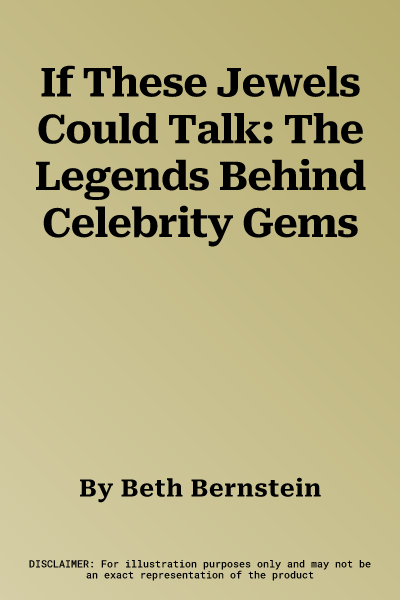Throughout the 20th century, jewelry revealed the behind-the-scenes
stories and the plot twists and turns in the real lives of celebrities
that will always be larger than life. Some of the world's most fabulous
jewels not only illustrated power and status in society but these
magical gems held tremendous sentimental value as they were linked to
the most significant moments and memories of Hollywood royalty,
international aristocracy and international icons of style. If These
Jewels Could Talk offers a glimpse into the jewelry boxes of these
celebrities - the personal tastes, heartfelt anecdotes and the true
tales of the women who wore and collected the pieces. During the early-
to mid-20th century, a majority of screen actresses requested to wear
their own favorite pieces in films. This offered a peek into some the
great jewelers of the time who were designing for women who could choose
anything. Actresses such as Merle Oberon, Paulette Goddard, Joan
Crawford, Grace Kelly and Elizabeth Taylor as well as icons such as
Jackie Kennedy and The Duchess of Windsor created signature styles for
which they became known and which influenced generations of women,
becoming part of our collective consciousness. The 20s through the 50s
were a time when the renowned jewelry houses were also celebrities in
their own right. They mixed with the socialites and royalty they
bejeweled. In films, jewelry clearly developed and defined a character's
personality - as it did in real life - whether it be a rags-to-riches
story or those that figured into the plot: for example, a Cartier
bracelet in Alfred Hitchcock's Lifeboat, or a Harry Winston necklace in
Notorious. Whether on or off screen, worn by the famed and the
legendary, and designed by the most revered houses of the day, all of
these jewels take us on a narrative journey that provide fascinating
insight into the intriguing worlds of early Hollywood and nobility from
the 1920s through today.

